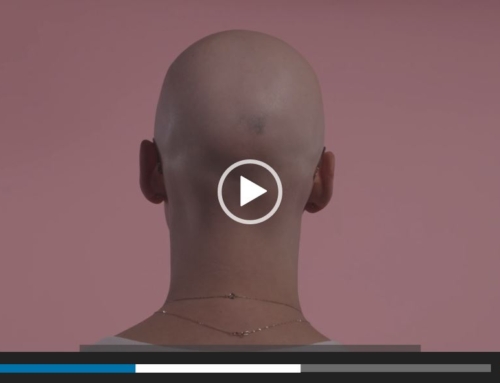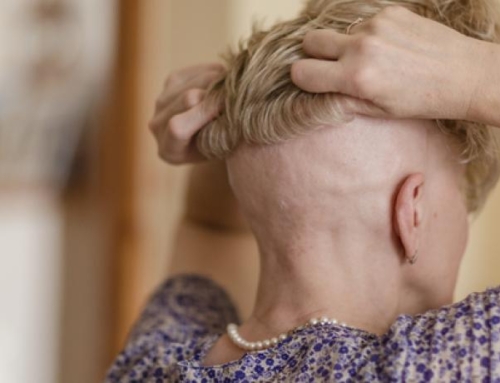Taking care of yourself first
You can’t prevent alopecia areata from happening to a loved one but you can ensure that you give yourself the care you need. Caring for yourself is not selfish- it’s a necessity. By practicing self-care, you will be better able to care for others.
Changing your thoughts
There are often habits and thoughts that keep you focused on caring for others while your health takes the back seat. These thoughts can take root to the point where you don’t even know you’re thinking them.
It’s important to remember that it’s possible to change these thoughts so you can give yourself adequate self-care. Changing your thoughts can take time, but it is worth the time spent knowing that you will feel better and be able to do more in the long run.
For parents of children with alopecia areata, turning a negative or limiting thought into an empowering one can look like this:
| Limiting Thought: | Empowering Thought: |
|---|---|
| Putting my needs first is selfish. | By allowing time for self-care, I can do more for my child. |
| I’m the only one who can help my child. | I don’t have to do it all alone. I have family and friends that are willing to help. |
| What if their hair loss gets worse because of something I failed to do? | Alopecia Areata is nobody’s fault. I can’t control everything, and I know that I am doing my best with what I have. |
| There’s no way I can find time for me- I’m too busy. | “At (insert time), I will spend 15 minutes (reading/exercising/journaling/taking a bath/etc.)” |
Tips for Taking Care of Yourself
- Watch for changes in your emotions and behaviors that can signal stress such as loss of appetite, changes in sleep, decreased concentration, feelings of inadequacy, and frequent crying. These are signals that you need time to de-stress and take care of your own health.
- Schedule a daily 15 minutes of “me time”. This can be to go on a walk, get in a workout, read a book, write down your thoughts, practice meditation or any other activity that helps you relax your mind.
- Spend time with friends and family. If your loved ones are concerned for your health, listen to them. Seriously consider if you notice any recent changes in your behaviour and ask yourself “is this a change I want to see?”. If the answer is no, then ask the follow-up question “What can I do for myself today?”
- Schedule in 5-10 minute breaks on your calendar or task-management app. Leaving a little wiggle room between each planned activity in your day will allow you to take a moment to breathe. When the reminder pops up on your phone, take the time guilt free.
- Let friends and family help you. Asking for help can be hard when you feel it is your responsibility to care for someone. Sometimes, it can require a little practice before you start to feel okay about it. Start with asking someone to help you with one thing this week, whether it be getting your child to an appointment, preparing a meal, or a trip to the store, and assess how you feel after.
- Talk to other people who have loved ones with alopecia. Attend CANAAF’s annual conference or online Family Success Sessions to meet others in the community and find support. It can be relieving to hear what other people are doing and to voice your own thoughts.
- Practice self-compassion meditation. Self-compassion is giving yourself the same kindness you give to a loved one. It’s being understanding towards yourself, knowing that you are not alone, and giving yourself what we need to continue forward. You can download a meditation app or try these guided self-compassion meditation practices and exercises.




